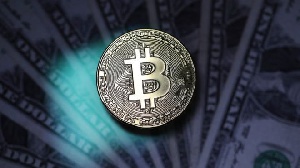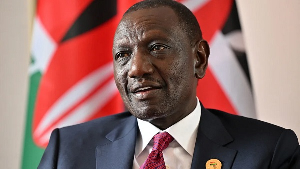At least 110,000 Ghanaian investors have lost their investment totalling GHC135 million ($25.71m) to crypto investment scams and hacks in 2018, a report on the Global Coin Community Scam said.
Members of Parliament are alarmed over the report and want regulators to police the sector to save Ghanaians from falling prey to scammers.
Leading the campaign is MP for Juaben Ama Pomaa Boateng who is pushing for a sound crypto regulation. The Scammers promised victims a monthly return of 27-per cent for a year but later ran away with their crypto-based capital investments.
“There is the issue of lack of compliance due to the nature of cryptocurrency and crypto asset because the users are anonymous and it is extremely difficult to collect data on digital currency users,” Boateng said in Parliament.
Cryptocurrency is an electronic finance trade in cyberspace, where “miners” use the power of their computers to solve complex algorithms that serve as verification for transactions.
Rewards are stored digitally and passed between buyers and sellers without any need for an intermediary such as the Bank of Ghana or any other financial institution.
Consequently, users do not need to use their real-world identities. Instead, they are represented by addresses, strings of random letters and numbers, taking control out of the hands of third parties and giving users the freedom to transact while protecting their privacy.
This infringes the central bank’s historically exclusive right to issue money and control money supply.
Contributing to the statement, the chairman of the finance committee of Parliament, Dr Mark Assibey Yeboah, said currently anybody who does crypto trades is engaged in an illegal transaction.
According to him, there is no centralised control as far as the trade in Bitcoin is concerned.
This is especially true of the bitcoin trader software - mentioned in this review - which pairs clients with unregulated entities.
Until such time as the Bank of Ghana gains a firm grip on crypto, the country will not be safe using these transactions, Dr Assibey Yeboah said.
“This is a digital platform where money is transferred amongst the peers. It is not the cheque system where a central bank clears it,” he said.
The Economic and Organised Crime Office (EOCO) had arrested two directors in connection with the scam.
Click to view details



Business News of Saturday, 30 March 2019
Source: dailymailgh.com

















